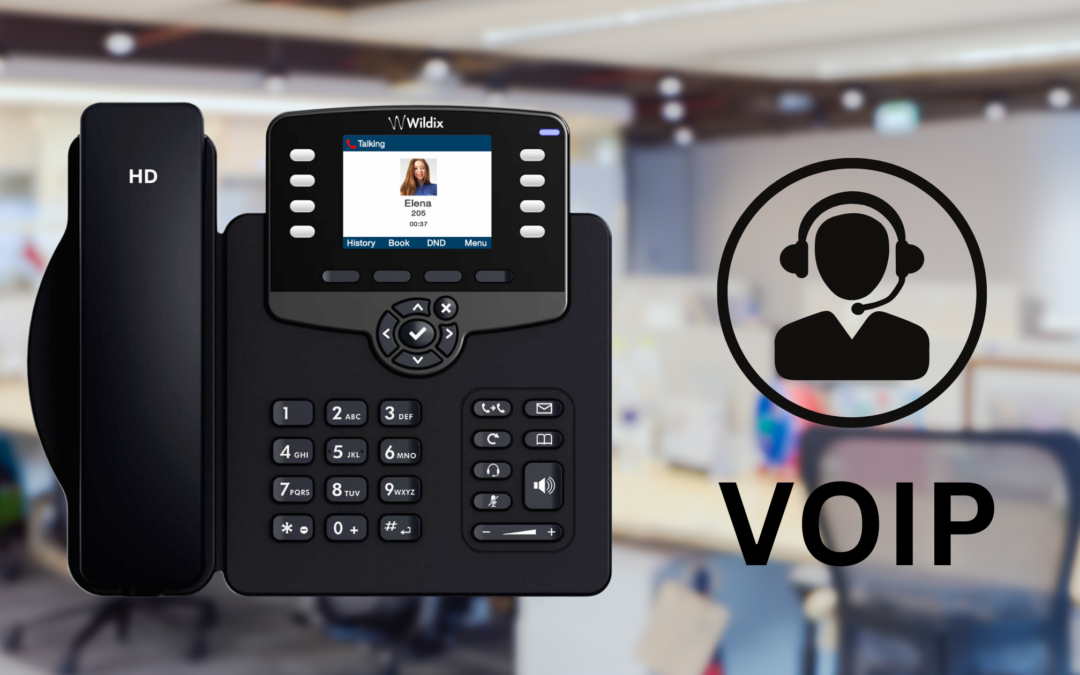Medical clinics and doctor’s offices deal with high patient interactions, making efficient and reliable communication systems important. Voice over Internet Protocol (VoIP) technology offers a transformative solution, streamlining communications while reducing costs and enhancing patient care.
Read on to explore the VoIP system’s benefits and essential features for medical clinics and doctor’s offices.
What Is VoIP?
Voice Over Internet Protocol is a technology that converts voice communications into digital signals, allowing them to travel over the Internet. Unlike traditional phone systems that use copper wires, VoIP utilizes internet connections to facilitate voice and video calls. This ability makes it a versatile and modern solution for all businesses, including healthcare practices.
Implementation Tips for VoIP in Medical Practices
Here is how healthcare sectors can adopt the VoIP system:
- Assess Your Needs: To select the right VoIP plan, determine the number of users, call volume, and any special needs, such as telehealth or multi-location support.
- Choose the Right Provider: Select a reliable provider with healthcare experience, robust security, and excellent customer service. Read reviews and get recommendations from other practices.
- Train Your Staff: Ensure all staff is trained on the new system’s features and tools. Regular training sessions and accessible resources boost confidence and usage.
- Monitor and Optimize: Continuously monitor the system’s performance and gather feedback. Regularly review call logs and quality reports to identify and fix issues, ensuring optimal communication and service standards.
The Benefits of VoIP for Medical Practices
Voice Over Internet Protocol (VoIP) systems can significantly benefit the healthcare sector in various ways. Here’s how:
Cost Savings
VoIP reduces hardware, maintenance, and long-distance call expenses using existing internet connections and offers competitive pricing models.
Enhanced Collaboration
VoIP facilitates quick and easy collaboration among healthcare professionals through various communication channels, like voice calls, video conferencing, and instant messaging. This unified communication approach ensures that critical information is shared promptly.
Improved Patient Experience
VoIP systems enhance the patient experience by ensuring doctors are reachable outside regular office hours. Features like call forwarding, voicemail to email, and mobile app integration allow healthcare providers to respond to patient needs promptly, providing a higher level of service and care, all without exposing their personal cell numbers when calling patients back after-hours.
Integration with Medical Systems
Healthcare providers use various software for managing patient records, billing, and appointments. VoIP systems can integrate with these existing platforms, streamlining operations and reducing the administrative burden.
Compliance and Security
VoIP systems for medical practices adhere to HIPAA regulations, ensuring patient information remains confidential and secure. Advanced encryption methods and secure data storage solutions can protect against data breaches and unauthorized access.
VoIP technology offers a robust and versatile solution for medical clinics and doctor’s offices, revolutionizing collaboration methods. If you want to use the power of Voice Over Internet Protocol technology to improve your healthcare communication, experts at Cleod9 Voice can help. Contact us to learn more.

Recent Comments